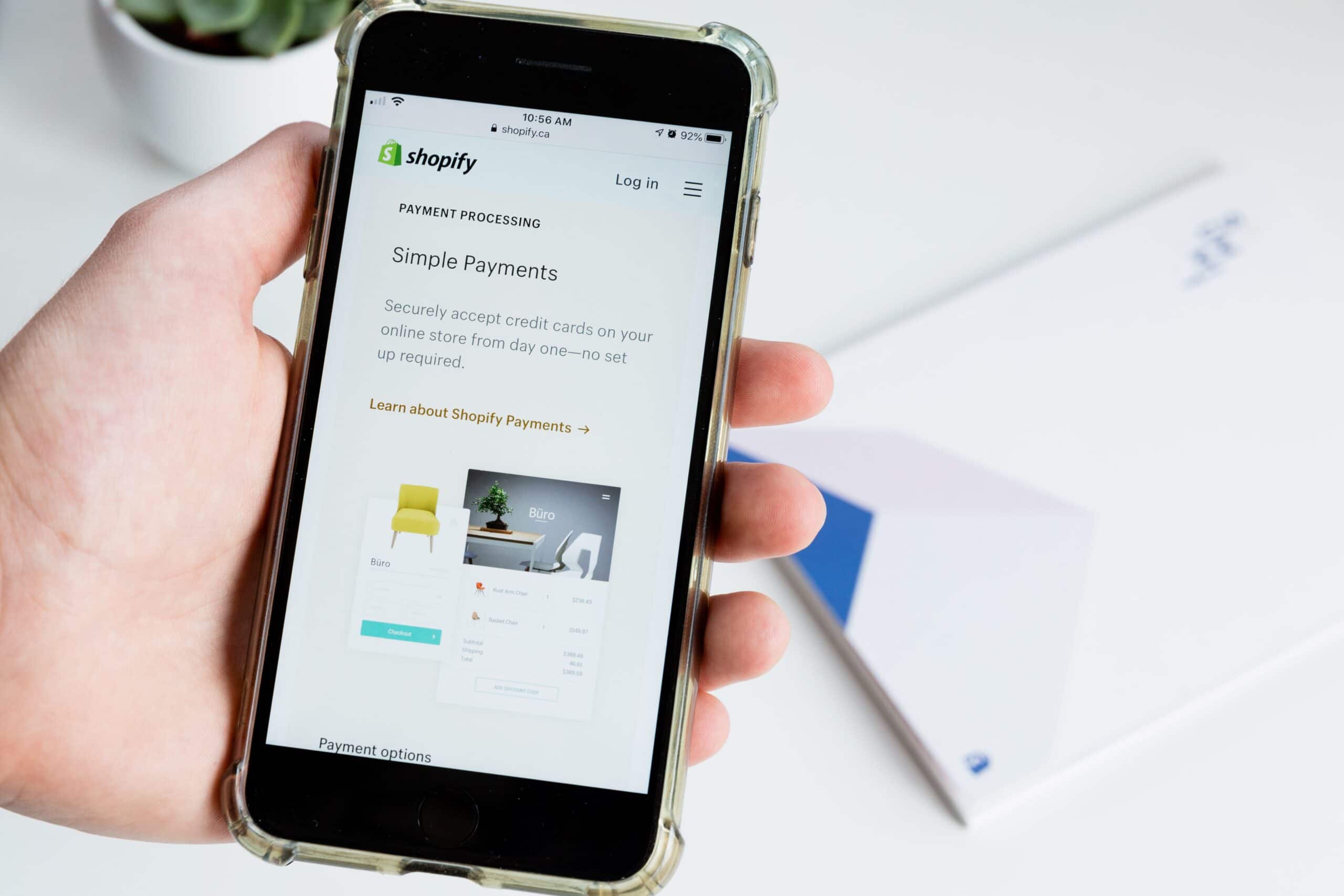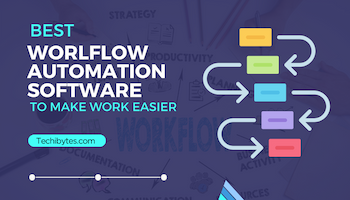The stock market is no more tedious as it used to be in the past, so people want to know how to buy stocks in Nigeria either for those in Nigeria or in Diaspora.
Since the introduction of computerized trading in 1970, the trend of stock trading has been continuously increasing around the world. Through online trading programs like Robinhood and E-Trade, millennials have boosted their participation in the stock market over the last decade, boosting trade figures.
Both millennials and elderly stock traders are using local trading platforms in Nigeria, which has experienced a rise in interest in online trading. However, it has been observed that many inexperienced traders prefer to overlook the fundamentals and risk factors associated with trading in the hopes of making large returns, and as a result, they end up losing money. To make more money, it’s crucial to know the ins and outs of the stock market, as well as the rules of stock trading.
What are Stocks and Stocks Trading
A stock (also known as equity) is a financial tool that represents ownership of a share of a business. The stockholder is entitled to a portion of the corporation’s assets and income based on the number of shares they possess. Stock units are called “shares.” Stocks are the cornerstone of many individual investors’ holdings, and they are often purchased and sold on stock exchanges, though private trades are allowed. These transactions must adhere to federal regulations intended to protect investors from deception. Over time, they have greatly exceeded most other assets. These assets are available for purchase through the majority of online stock brokers.
Buying and selling shares on the secondary market on the same day is known as stock trading. As a result, understanding main and secondary markets is critical.
Primary Market:
Companies issue new securities and offer them to the public on the primary market. As a result, the issuers and the buyers are involved in the process.
Secondary Market:
You can purchase and sell shares issued in the primary market on the secondary market. The transaction is between the vendor and the buyer. In the secondary market, the stock exchange or broker serves as an intermediary.
What is a Stock Exchange Market and How do the Nigerian Stock Exchange Market works?
A stock exchange is a controlled and organized financial market where securities (bonds, notes, and shares) are purchased and sold at prices determined by supply and demand. Stock exchanges serve as both primary and secondary markets, where corporations, governments, municipalities, and other coordinated bodies can raise capital by channeling investor savings into profitable ventures; and secondary markets, where investors can sell their stocks to other investors for cash, reducing investment risk and maintaining system cashflow.
Purchasing shares on the Nigerian Stock Exchange (NSE) is different from most other purchases. You can’t just stroll into the NSE and load a shopping basket like you would at a supermarket. Instead, you must employ a brokerage business to acquire the stock on your behalf (for example, ARM Securities, Lead Capital, Meristem, and Zenith Securities). Different brokers provide different amounts of support and advice to their clients, so it’s critical to pick the right one for you. Once you’ve hired a broker, you’ll ask him to purchase and sell shares on your behalf anytime you need to.
Who is a Stock Broker?
A stockbroker is a financial expert who places orders on behalf of clients in the market. A stockbroker is sometimes known as an investment advisor or a registered representative (RR). The majority of stockbrokers work for a brokerage business and deal with a variety of individual and institutional clients. Stockbrokers are often paid on a commission basis, though this differs by position. This is a generic term used to describe brokerage firms and broker-dealer corporations, Both full-service, and cheap brokers fall under this category, as they execute trades but do not provide personalized investment advice. Here are some of Nigeria’s best stockbrokers:
Stockbrokers Stanbic IBTC:
With deals of N24.28 billion, this is at the top of the list, accounting for 11.19 percent of the total value of traded stocks on The Exchange. It’s worth noting that Stanbic IBTC was also ranked first in the 2020 list.
Absa Securities Nigeria Limited:
Trade-in stocks worth N23.64 billion came in second, accounting for 10.9 percent of the total value. Absa Securities has moved up from the third place in January 2021.
Cardinalstone Securities Limited:
This is third on the list, with stock trades totaling N18.98 billion accounting for 8.75 percent of all trades. This is a drop from the second spot held the previous month.
EFG Hermes Nigeria Limited:
The following trades totaled N14.15 billion, accounting for 6.52 percent of the total value of shares traded on The Exchange’s floor.
Rencap Securities (NIG) Limited:
With a total value of N9.88 billion exchanged in stocks in February, this accounted for 4.56 percent of the total.
The following are some of the others on the list:
Stockbroker Meristem (N9.25 billion),
Nigerian Stockbrokers in RMB (N8.89 billion),
Apel Asset Limited (N6.26 billion),
Imperial Asset Managers (N6.11 billion),
Cordros Securities Limited (N5.29 billion).
Is it Possible to buy U.S Stocks from Nigeria
The stock market in the United States is the world’s largest, and everyone wants a piece of it. Buying equities in the United States as a Nigerian or a non-resident was a challenging task. To invest in the US stock market, you’ll need a valid US visa or a green card at the very least. You may now invest in the US stock market from your smartphone or computer, thanks to modern technologies. Nigerians can now buy US equities in Nigeria thanks to top Fintech businesses, such as; trove, rise, chaka, bamboo amongst others.
Companies to buy Stocks from in Nigeria
Given the stock market’s pessimistic outlook, certain medium and highly capitalized Nigerian stocks have produced gains that would make fixed income and other alternative income instrument holders jealous in the recent month. The top-performing stocks are given below; these stocks were picked from a pool of others based on their price-performance as stated in percentage. They’re;
- Consolidated Hallmark Insurance Plc – 69.2%*
- Royal Exchange Plc – 37.7%
- Regency Assurance Plc – 36.4%
- Eternal Plc – 26.7%
- Vitafoam Nigeria Plc – 22.2%
- Union Bank Nigeria Plc – 21.4%
- Seplat Petroleum Development Company Plc – 20.7%
- Sovereign Trust Insurance Plc – 17.4%
- John Holt Plc – 16.7%
- MRS Oil Nigeria Plc – 15.6%
where to buy stocks in Nigeria
Investments are a great way to boost your income, but they can be daunting to those who don’t have an idea of what they’re doing. Fintech entrepreneurs are incorporating micro-investment-friendly investing solutions, which is brilliant news. You can buy stocks using a variety of investment platforms and online brokerages; examples of both are shown below.
Stock Investment Platforms
Bamboo:
Bamboo gives you free entry to over 3,000 stocks listed on the Nigerian and American stock exchanges, all from the comfort of your phone. The minimum trading sum on Bamboo is $20. The Bamboo app also includes a useful option that enables you to gift stocks to others.
Trove:
Trove is a digital investment platform that enables you to invest in stocks, bonds, exchange-traded funds (ETFs), and other assets directly from your smartphone or computer in the United States, China, and Nigeria. You can use a debit card or a bank transfer to purchase any publicly listed share, bond, or foreign asset as a one-time investment. You can even sell your assets through the app and have the money paid directly into your account.
Risevest:
Rise is a global wealth management company that you can access via your mobile phone. They provide Nigerians with an easy way to invest in dollar-denominated assets in the United States and other markets, which allows them to obtain a worthwhile return on investment. Invest in USD as low as $10 to ensure your long-term financial future.
The Rise app enables you to start investing in stocks in the US for as low as 10 dollars. Risevest is ideal for those who are just starting to invest. Fixed assets, real estate assets, and warehouse assets are the three asset classes offered.
Chaka:
Chaka is a digital investment platform that provides first-class access to stocks listed on the Nigerian and United States stock markets, as well as worldwide blue-chip firms from over 40 countries. With Chaka, you may start trading overseas stocks for as little as $10 or N1000.
Online Brokerage
Fidelity Investments:
Fidelity will take care of you. This broker excels at all it does, and it’s an excellent choice for new and experienced investors alike. It has a solid reputation for providing some of the greatest information and tools for retirement investing. Fidelity, like the rest of the industry, reduced trading commissions to zero, benefiting all traders, but particularly long-term buy-and-hold investors. A lot of services that other (rival) brokers charge for are free with Fidelity.
Robinhood
As a relatively new company, Robinhood quickly gained a reputation for its commission-free transactions and easy-to-use smartphone apps and attracted millions of loyal customers. You can trade ETFs, stocks, and cryptocurrencies for free. It offers a cash management account, so you can move money easily anytime you want to trade.
Not only does the fintech firm offer no-fee stock and ETF trading, but it is also attempting to disrupt the market by transforming into a platform that offers a variety of financial goods and services. It, for example, provides free options and cryptocurrency trading.
Charles Schwab
Overall, the broker is a terrific choice, with superb trading tools, excellent customer service, and a large selection of research and educational materials, all without charging a commission. It also offers an unusual customer service policy that states that if a client is disappointed, they can seek a refund on relevant commissions, a transaction fee, or an advice program.
On stock and ETF commissions, Schwab matches the industry norm of zero, which it helped establish. Options trades, on the other hand, still cost $0.65 for each contract.
E-trade
It features an excellent educational department, with a variety of webinars and instructive videos geared toward investors of various levels. You can also consult analysts for the most up-to-date information and comments to aid in the development of your trading plan. E-Trade also has a live chat feature and offers phone assistance 24 hours a day, 7 days a week. Power E-Trade, the broker’s premier trading platform, offers a plethora of tools and is also available in a mobile edition for active traders.
E-Trade, like other major brokers, charges $0.65 per option contract and zero costs for stock and ETF trades. If a trader makes 30 or more trades in a quarter, they will receive a reduced commission of $0.50 per contract.
How to buy stocks in Nigeria?
The following is a step-by-step guide to getting started investing on the Nigerian Stock Exchange.
1. Open a brokerage account with a stockbroker:
An online stockbroker is the most convenient and efficient way to buy stocks. You can purchase stocks on the intermediary’s site in minutes after opening and financing your record. You can also either use a full-service stockbroker or purchase stock directly from the corporation.
An online brokerage account is as simple to open as a bank account: you fill out an application, give evidence of identification, and choose whether to fund the account with a check or electronically transfer cash.
2. Do your homework on the stocks you want to buy:
It’s time to get serious about stock choosing after you’ve set up and financed your brokerage account. Researching brands or organizations you already know from your previous experiences is a good place to start.
3. Determine the number of shares to purchase:
There should be no obligation on you to buy a certain amount of shares or to invest your entire portfolio in a single stock. As you gain experience, you can improve your position. Consider starting small, that is; by buying only 1 share to have a sense of what it’s meant to own individual stocks and if you’ve got the stamina to outride the waves with little to no sleep. As you grasp the concept of the shareholder swagger, you can then increase your position or portfolio over time.
New stock investors should look at fractional shares, which are a comparatively recent option from online brokers that allow you to buy a fraction of a stock rather than the entire share. That means you may invest in considerably less inexpensive firms like Google and Amazon, which are famed for their four-figure share prices.
4. Fill out the account opening form for the Central Securities Clearing Systems (CSCS).
5. Deposit into your stock brokerage account.
6. Once you’ve decided what you want, submit your first trade order.
7. Make your stock portfolio more efficient:
The key to long-term success is to maintain your viewpoint and focus on the things that you can control. The stock market’s movement isn’t one of them. Take the time to study other aspects of the investment sector once you’ve fully understood the stock buying procedure.
Have you opened a retirement account, such as an IRA, with a brokerage account? Creating a brokerage account and purchasing stocks is a good start, but it’s only the start of your investment adventures.
FAQ
1. Can Nigerians buy Stocks Online?
Buying stocks online in Nigeria has become possible thanks to the emergence of various Fintech companies.
2. How do beginners buy stocks?
- Establish a demat account.
- Recognize stock quotes
- Requests and bids
- Learn the fundamentals and technical aspects of stock trading.
- Recognize when you’re losing money and figure out how to stop it.
- Consult a professional
- Start with less risky stocks.
Conclusion
When the stock price rises and you see your investment grow in value, buying and owning stock is an amazing experience. However, stocks might lose value, which isn’t nearly as entertaining to watch.
It is critical to realize that the stock market can cause you to lose money. As a result, diversifying your portfolio is a good idea. Rather than putting all of your eggs in one basket, this entails purchasing shares in a variety of firms and industries. It’s also critical to do extensive research on a stock before purchasing it.
Article List is covered for those in Nigeria and foreigners who wish to invest in Nigeria’s stocks
Cover image Originally seen on Nairamatrics










